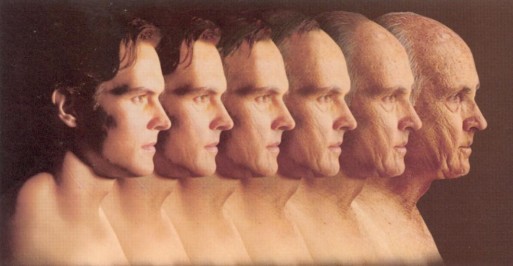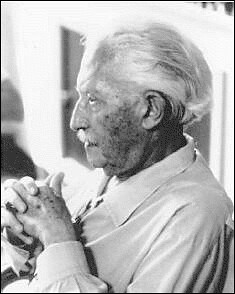Does your parent or grandparent reflect on everything he or she has done for a good part of the day? After raising children, retiring from a long career and losing a few loved ones, if not a spouse, has he or she lived well, fully or successfully? Can he or she look back on all those years with pride and a sense of wholeness—or was it all too short? Was something left undone? Does the end of life come with satisfaction or dread?
Development psychologist Erik Erikson might attribute these meditations to Integrity vs. Despair, the final part of his Stages of Psychosocial Development. His theory separates the growth of an individual’s personality into 8 stages, each of which balances between a positive and a negative emotional response to the social situations in every period of one’s life. If the individual responds positively, he or she cultivates a human virtue, such as hope, fidelity, love—or, as in Integrity vs. Despair, wisdom.
Can he or she look back on all those years with pride and a sense of wholeness—or was it all too short? Was something left undone? Does the end of life come with satisfaction or dread?
What is wisdom? Erikson defines it as an “informed and detached concern with life itself in the face of death itself.” Wisdom allows the aging loved one to provide the positive, loving knowledge gained over a lifetime, particularly a lifetime well lived. It depends upon the composure and compassion acquired from perceiving one’s life as a success.
So what’s going on with your aging loved one? Is he or she on the path to wisdom? It depends on how he or she responds to the change brought forth by age. Erikson describes this change as the awareness of mortality. It can happen upon retirement, the loss of a loved one, or any great change that signals the shift from adulthood to late adulthood. Having lived the majority of his or her life, the loved one must come to terms with his or her death. This final crisis inspires deep self-reflection: did the loved one live well? Was it good to be in his or her shoes?
Wisdom allows the aging loved one to provide the positive, loving knowledge gained over a lifetime, particularly a lifetime well lived. It depends upon the composure and compassion acquired from perceiving one’s life as a success.
After a loved one evaluates his or her life-career, if he or she concludes that it was a worthwhile success, he or she can embark on the path of Integrity. Satisfied and content, he or she harbors the serenity that fosters wisdom. But if your loved one’s reflections ripple toward the path of Despair, he or she feels inadequate and useless, as though his or her time, already too brief, had been wasted. He or she falls into depression. Fear of death impedes the flow of wisdom.
If the pitfall of despair sounds alarming, you or your loved one should stress the limitation of Erikson’s theory. Most likely, his framework is more flexible than it sounds. With more complex feelings than his language suggests, our loved ones do not often swing wholly to integrity or despair. They balance between the two. It is our job as caretakers, family and friends to help them move toward Integrity. Though oversimplified, Erikson’s model provides a language with which we can open these conversations.
Most likely, Erikson’s structure of development is more flexible than it sounds. With more complex feelings than his language suggests, our loved ones do not often swing wholly to integrity or despair. They balance between the two.
Life evaluations are completely natural; everyone goes through it. Where does your loved one stand in this last push toward wisdom and happiness?
More from Something Special:
- Till Death Do Us Part: Elderly Couple Leave Life Together
- A No-Fear Approach to Death
- The Power of Grief: Widow Stays by Spouse’s Side after his Death

 How Wisdom Depends on a Good Life
How Wisdom Depends on a Good Life







 Composting Bodies Is Now Legal in a Dozen States
Composting Bodies Is Now Legal in a Dozen States














